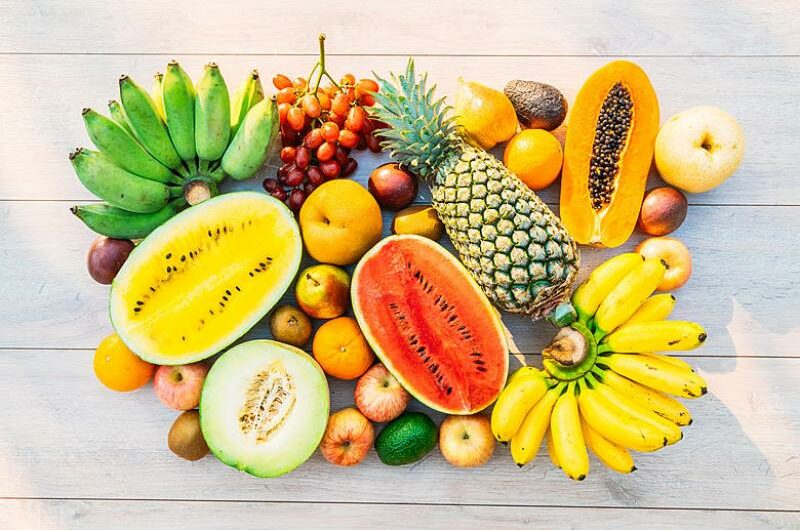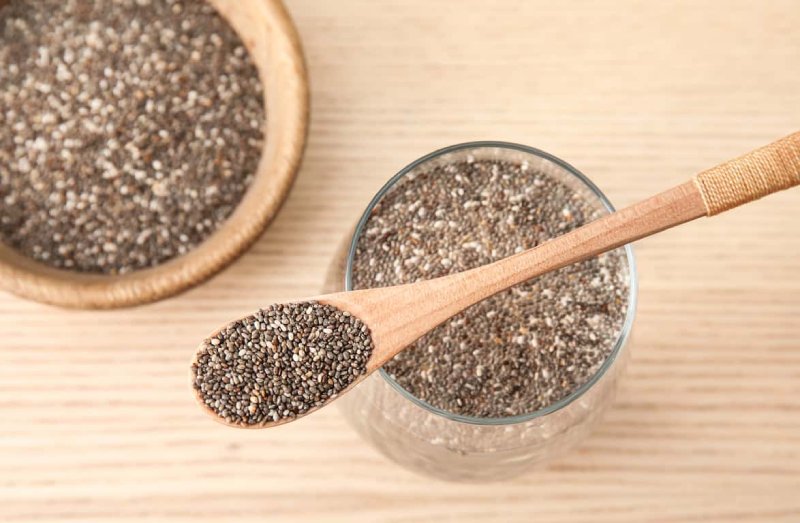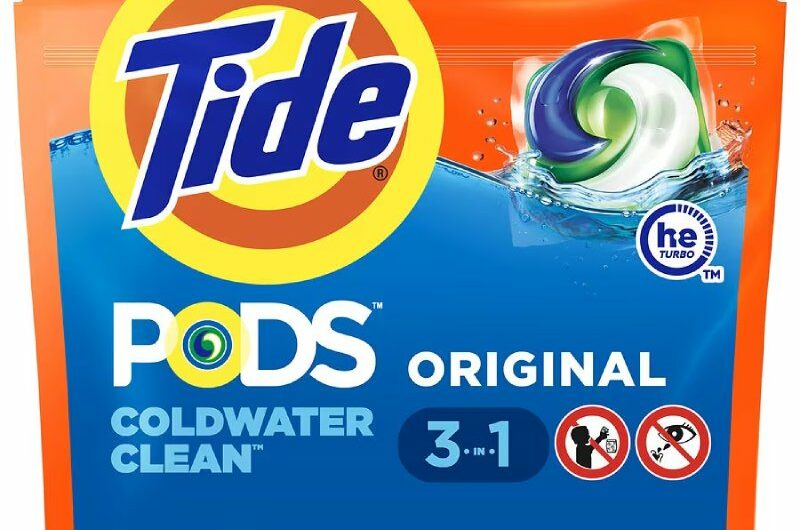The boiled egg diet is precisely what it sounds like: a weight-loss plan that calls for eating boiled eggs for breakfast, lunch, and dinner every day.
Is the egg diet, however, really all that good? Furthermore, how healthful is a daily egg diet? Regarding the regimen, which claims to help people lose up to 25 pounds in just two weeks, experts have a few observations.
The diet was initially discussed in Arielle Chandler’s 2018 book, “The Boiled Egg Diet: The Easy Fast Way to Weight Loss!” The one boiled egg diet page on TikTok has had over three million views, demonstrating how widely the diet is marketed there as well.
The diet even has some celebrity cachet: It has been rumored that Nicole Kidman consumed hard-boiled eggs before performing in “Cold Mountain.”
The diet is not difficult or complex to follow: Breakfast consists of one piece of fruit and at least two eggs, with the option to add a low-carb protein or veggie. Low-carb vegetables are served with eggs or lean protein for lunch and dinner.
Dieters are free to add additional foods and beverages to their diet, such as calorie-free drinks, lean meats, non-starchy vegetables, fruits with fewer carbohydrates, fats and oils, and whatever spices or herbs they like.
That’s where the diet is similar to hundreds of other low-carb diets. Dietitian Erin Palinski-Wade of New York City told Women’s Health, “This is a version of a low-calorie, low-carb diet that will promote weight loss but will not be sustainable long-term and does not provide your body with balanced nutrition.”
However, the boiled egg diet restricts a wide range of foods, such as:
- Grains such as barley, quinoa, couscous, bread, and spaghetti
- dairy goods, such as cheese, yogurt, and milk
- Sweet potatoes
- corn
- Beans, peas, and more legumes
- fruits such as mangoes, bananas, and pineapples
- Carbonated drinks like juice, soda, sweet tea, and sports drinks are sweetened.
For many people, the diet may be difficult to stick to over the long run because of these constraints. Palinski-Wade declared, “This is an unsustainable, restrictive, and unbalanced way to eat that could lead to nutritional deficiencies over time.”
Those that adhered to the regimen claimed some degree of short-term success in spite of these issues. One TikTok dieter boasted, “5 pounds down in 1 week!” “It worked,” said a second person.
However, a more typical criticism was made by someone else: “Eggs will burn you out on the egg diet.” Done, and everything works, but now there are hate eggs.
Palinski-Wade concurs that since the egg diet is low in calories and carbohydrates, dieters may see modest weight loss. She clarified, “There won’t be much real loss of body fat during the first weight loss because it will mostly consist of water losses that will produce ‘exciting’ results.”
Rich in vitamins A, B12, D, riboflavin (vitamin B2), biotin (B7), selenium, and iodine, among other nutrients, nutrient-dense eggs can be a beneficial component of a diet that is well-rounded. However, because they are high in cholesterol and saturated fat, they may not be the best choice for those who are concerned about their cholesterol levels. Therefore, it’s crucial to see a physician before beginning an egg-heavy diet.
Palinski-Wade and other professionals, as well as those who have tried the diet, believe that the main worry is that while the diet may work for a few weeks, it isn’t long-term sustainable.
Topics #boiled egg diet










